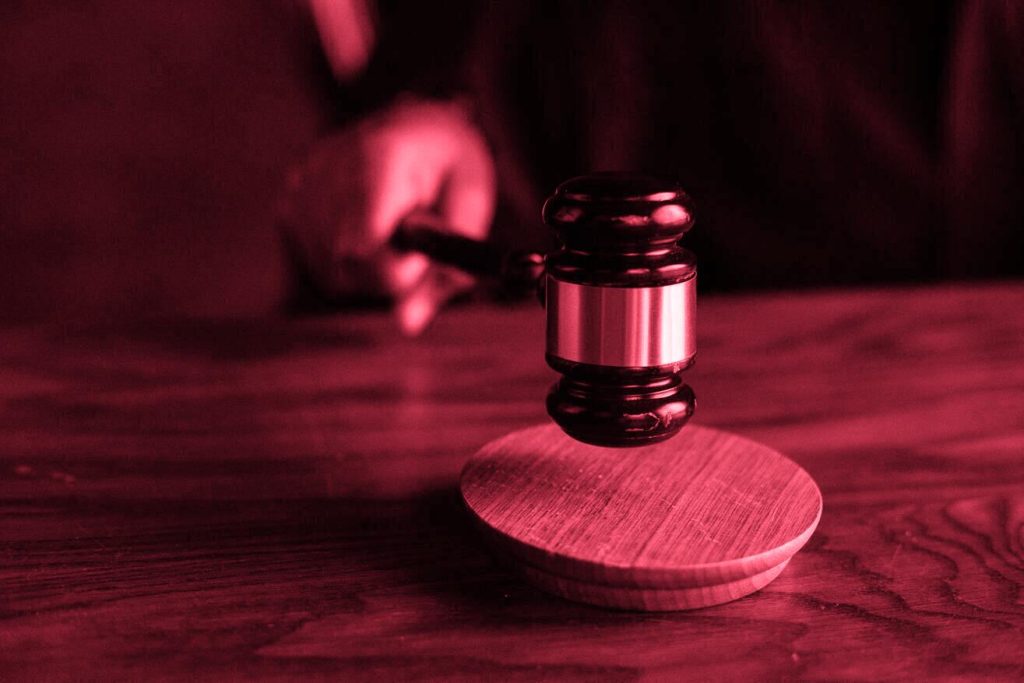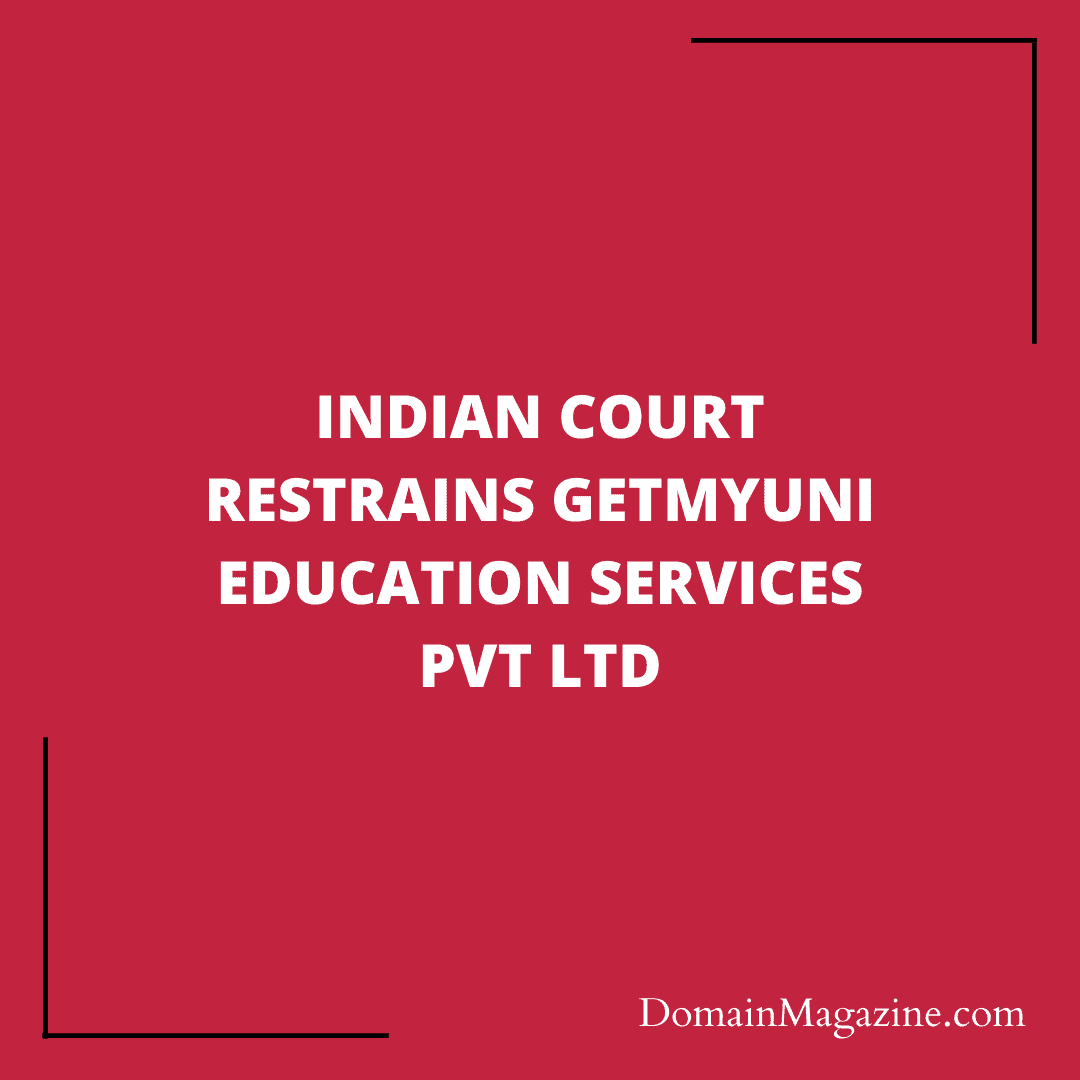The Dwarka Court in Delhi has issued a restraining order against Getmyuni Education Services Pvt Ltd, a startup that claims to be education technology-based. The order restrains the company from using the name, information and details of Usha Martin University from Jharkhand and Mangalyatan University from Uttar Pradesh on its website.
Plaintiffs Usha Martin and Mangalyatan Universities Claim Strong Case for Protection
The plaintiffs, Usha Martin and Mangalyatan Universities, alleged that Getmyuni Education Services Pvt Ltd was displaying information and details about the courses they offered, including eligibility criteria, fee structure, student ratings, affiliation/accreditation and facilities on its website without their consent.
They claimed that the company was commercially using their names to generate traffic on its website and providing leads to other universities who paid the defendant for its services. The plaintiffs assessed the loss caused to them by the conduct of the defendant at Rs. 10 lacs.

Defendant Accused of Using Plaintiffs’ Names for Economic Gain
The defendant allegedly offered to generate leads for numerous courses offered by the universities for a total consideration of Rs. 12 lacs. It was argued by the counsel for the plaintiffs that the defendant demanded money from them for showing their universities in top search results and giving good ratings. When they refused, the defendant allegedly showed their universities at 24/25 number and on the third/fourth page of the search.
Defendant’s Alleged Demands for Payment Lead to Negative Publicity for Plaintiffs
In the written statement filed on behalf of the defendant, it was submitted that the company had listed the information about the plaintiff universities that was available in the public domain in a bonafide manner to help interested students to know about them better and deeper. The defendant claimed that the use of the information was protected by the principle of fair dealing under the Copyright law.
The Court noted that “The defendant in its WS has stated that it is merely putting up publicly the information available regarding the plaintiff university on its website in an attempt to provide exhaustive knowledge to the students of the available universities and the courses provided by them. During arguments, it had been argued by counsel for the defendant that the information is provided free of cost and the listing is based on the available information, reviews and feedback obtained from the students. However, the contents of the emails relied upon by the counsel for plaintiff are contrary to the submissions made by the counsel for defendant.”
Court Holds Plaintiff Universities Have Legal Right to Protect Their Institution from Negative Publicity
On perusal of emails, the Court noted that the defendant sent a proposal to the plaintiff for payment of certain charges/cost for “Deliverables” which included “Top Search Listing” & “Leads and Responses” for its university on the website of the defendant. “From the various emails placed on record by the plaintiff, it is evident that the defendant asked about the cost of ‘Deliverables’ including ‘Top Search Listing’, ‘Leads and Responses’, of the plaintiff university.
The apprehension of the plaintiff that due to non-payment of the cost of deliverables by it to the defendant has resulted in showing its university at a much lower stage of the search engine is well explained”, the Court observed.
The Court held in its two similar orders passed in two separate suits filed by the plaintiff universities that they have the legal right to protect their institution from negative publicity in comparison to the other universities who pay the defendant for its services for top listing. “The plaintiff has made out a strong case for protection against the defendant for using its name on its website for its own economic gain and causing loss to the plaintiff in terms of negative publicity by showing it at a later stage of the search engine.”


Join the Discussion